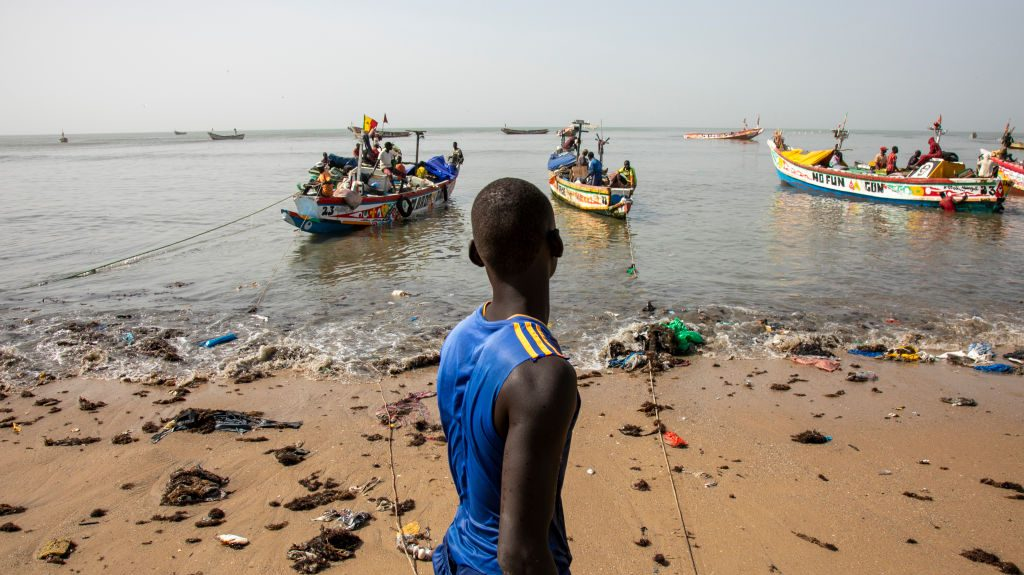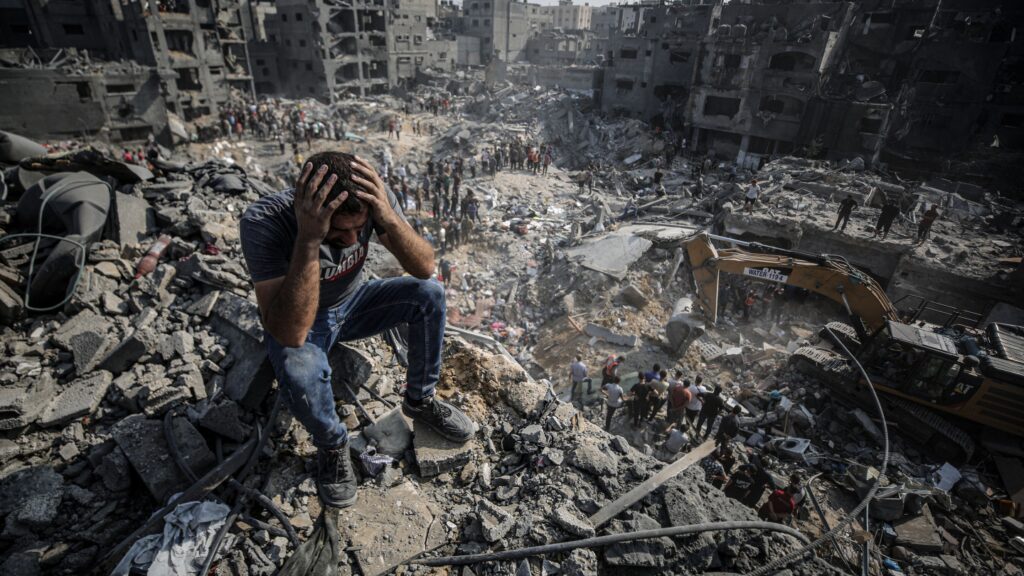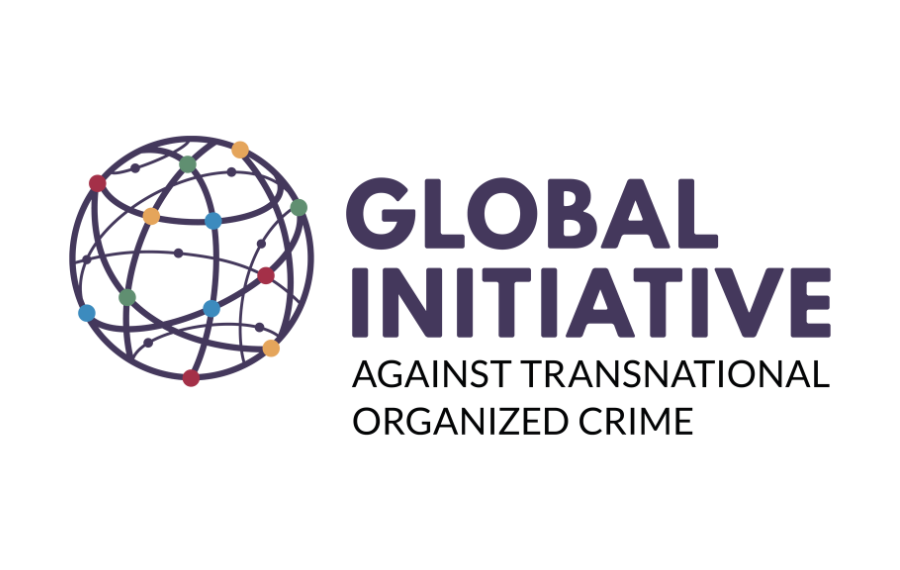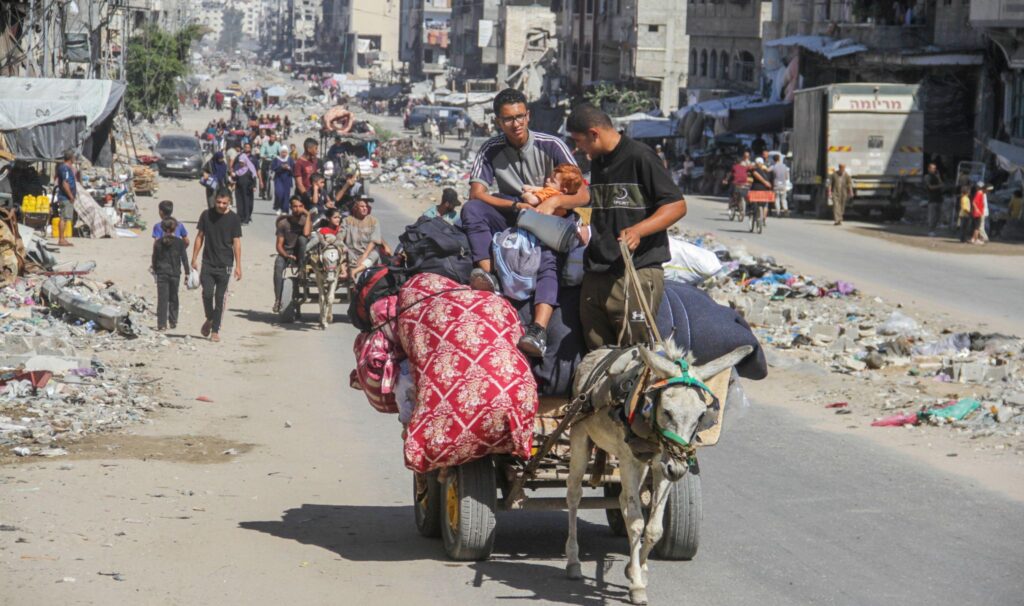Germany sent back 570 migrants to Poland in 2024, below media forecasts
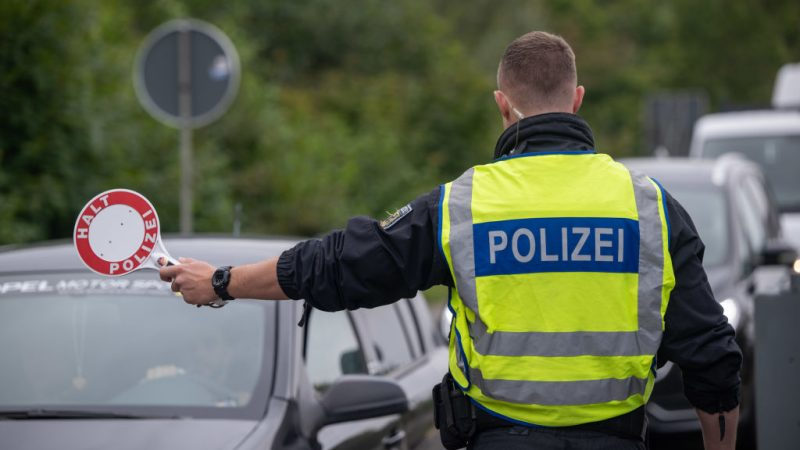
Some 570 migrants were sent back to Poland from Germany in 2024, according to the official data by the Polish border guard, far from the 40,000 cited in Polish media last week.
Under the readmission agreements and the EU’s Dublin rules, German officials sent the migrants between January and the end of September, compared with 1,922 according to the German government.

